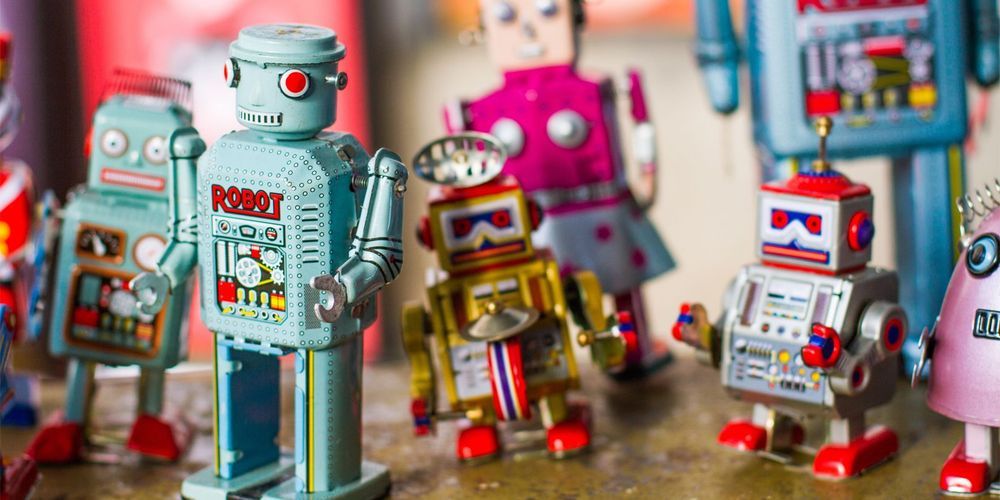Electric current is everywhere, from powering homes to controlling the plasma that fuels fusion reactions to possibly giving rise to vast cosmic magnetic fields. Now, scientists at the U.S. Department of Energy’s (DOE) Princeton Plasma Physics Laboratory (PPPL) have found that electrical currents can form in ways not known before. The novel findings could give researchers greater ability to bring the fusion energy that drives the sun and stars to Earth.
“It’s very important to understand which processes produce electrical currents in plasma and which phenomena could interfere with them,” said Ian Ochs, graduate student in Princeton Universitys Program in Plasma Physics and lead author of a paper selected as a featured article in Physics of Plasmas. “They are the primary tool we use to control plasma in magnetic fusion research.”







